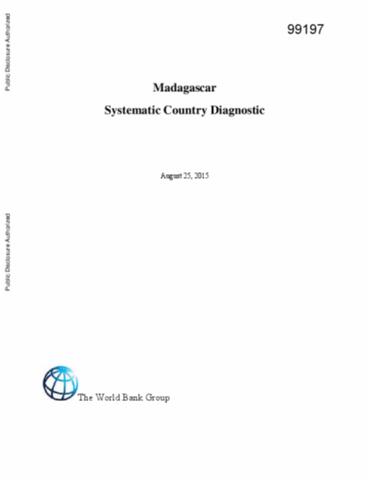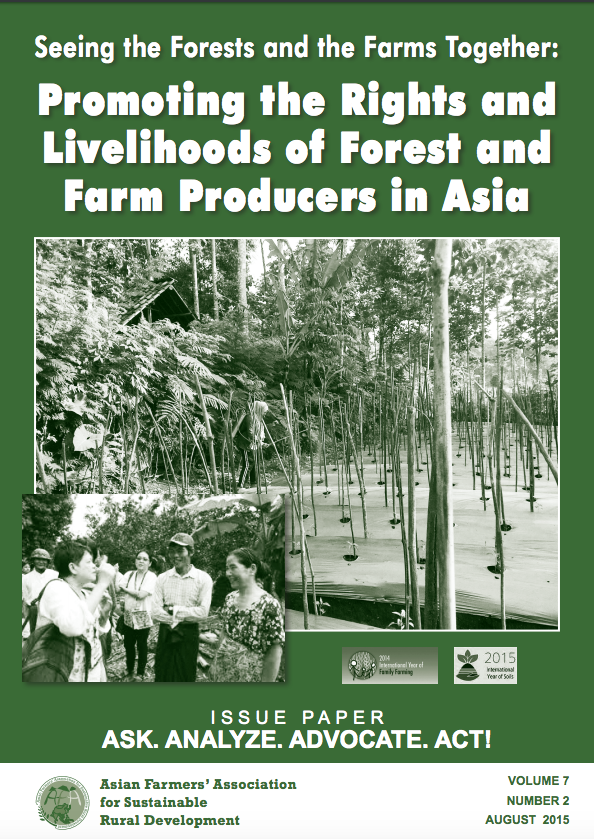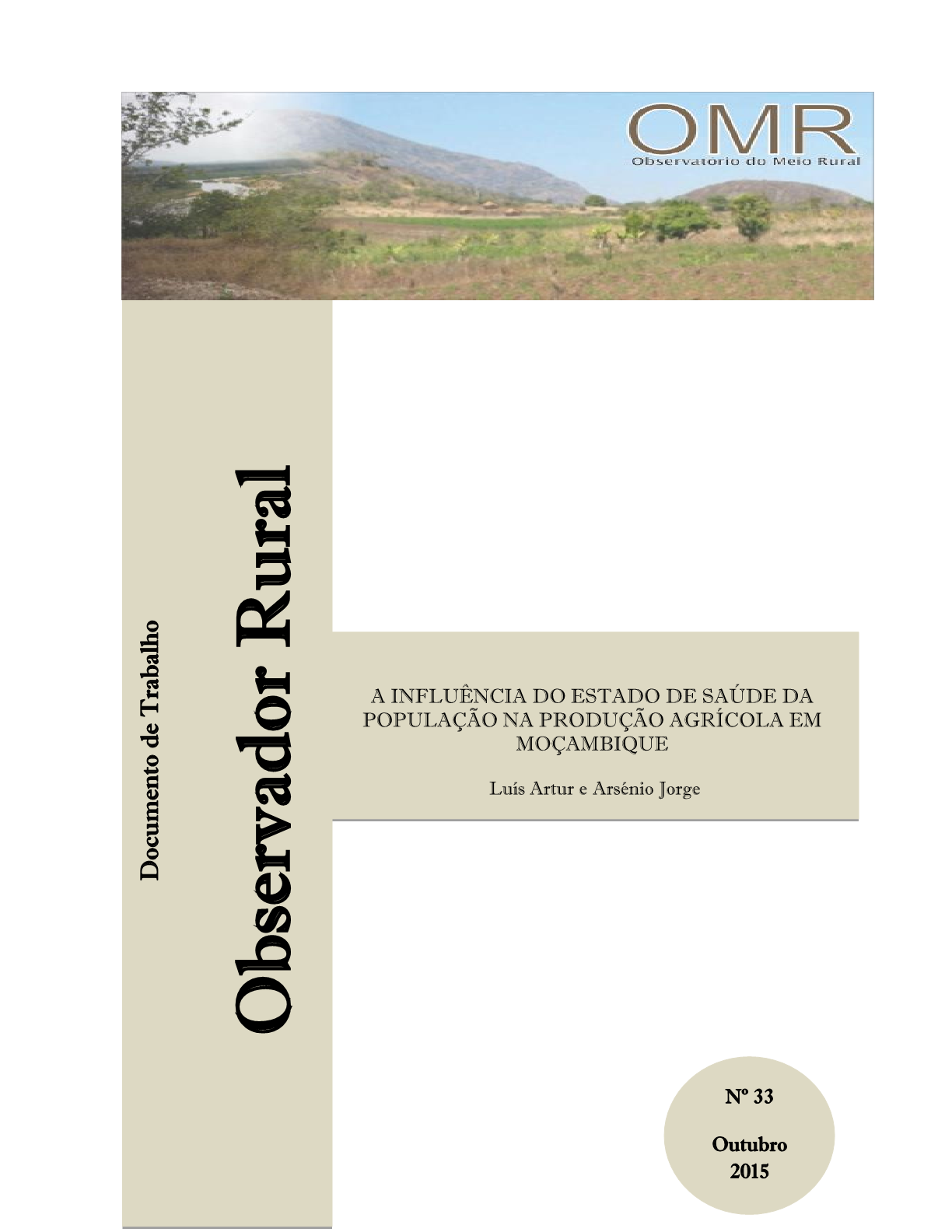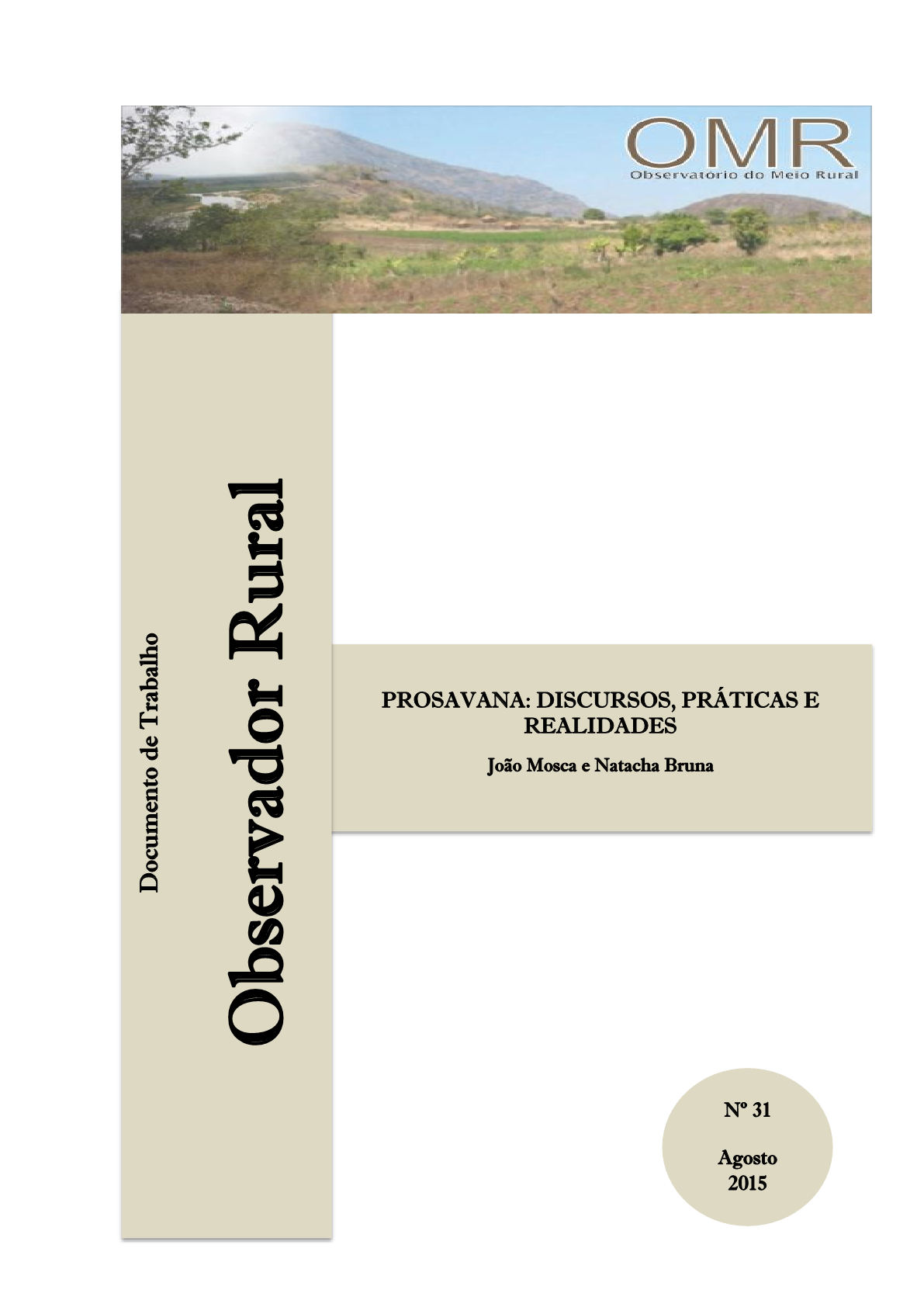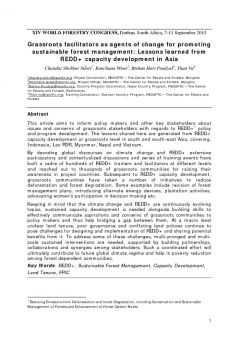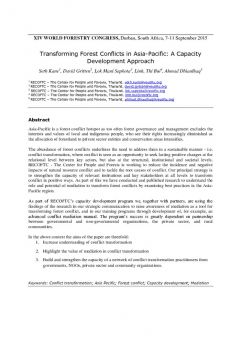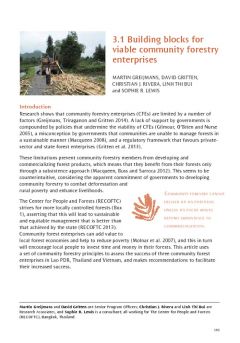Madagascar
This document is hence organized not around the three types of challenges, but around five themes of governance, public finance issues, private sector-led economy, poverty and environment, and human capital, all crucial to achieving faster, more inclusive and sustainable growth. Chapter one provides the country context.

